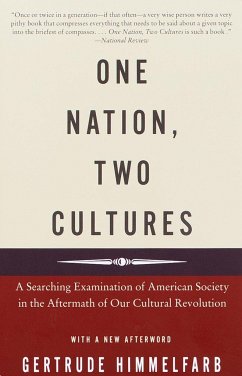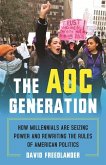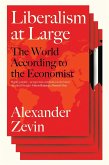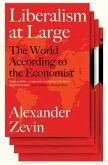From one of today's most respected historians and cultural critics comes a new book examining the gulf in American society--a division that cuts across class, racial, ethnic, political and sexual lines. One side originated in the tradition of republican virtue, the other in the counterculture of the late 1960s. Himmelfarb argues that, while the latter generated the dominant culture of today-particularly in universities, journalism, television, and film--a "dissident culture" continues to promote the values of family, a civil society, sexual morality, privacy, and patriotism. Proposing democratic remedies for our moral and cultural diseases, Himmelfarb concludes that it is a tribute to Americans that we remain "one nation" even as we are divided into "two cultures."
Hinweis: Dieser Artikel kann nur an eine deutsche Lieferadresse ausgeliefert werden.
Hinweis: Dieser Artikel kann nur an eine deutsche Lieferadresse ausgeliefert werden.








